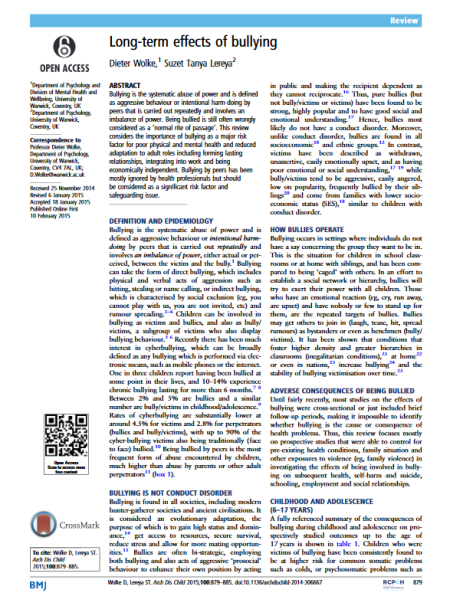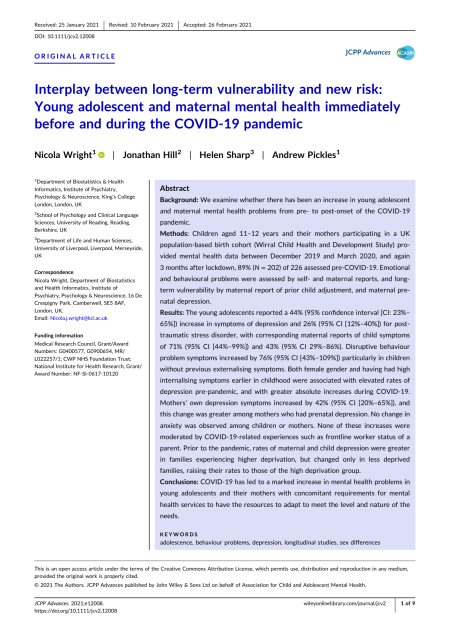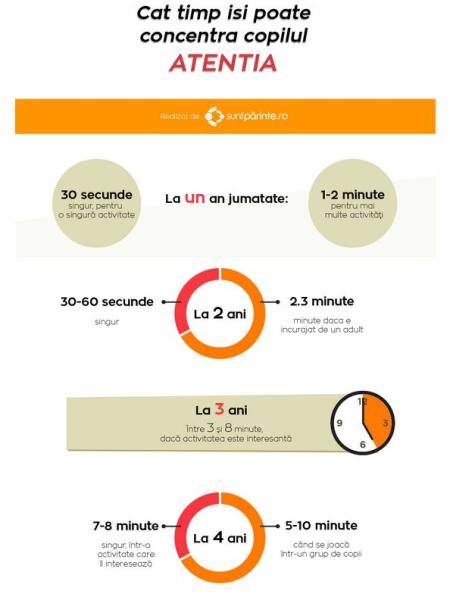
We are sharing this video material with interviews conducted at last month's International Conference Deinstitutionalization of Childcare: Investing in Change. In the video, Professor Nathan Fox, Professor Charles Nelson III and Dr. Charles Zeanah share their experience of studying the effect of institutionalization on children placed in institutions at an early age.
Professor Nathan Fox is from the University of Maryland, Department of Human Development and Quantitative Methodology. He is also one of the leading researchers in the Bucharest Early Intervention Project, where he examines the impact of early childhood institutionalization on brain development and young children's behavior. His observations point to significant deficits in children raised in institutions. He notes that some of these deficits can be reversed by placing children in a family-friendly environment, such as foster care. Professor Fox also notes that the earlier children are taken out of the institution, the higher their chance of developing a productive life.
Professor Charles Nelson (Professor of Pediatrics and Neuroscience and Professor of Psychology at the Department of Psychiatry at Harvard Medical School) shares that for centuries children without parents have been placed in institutions without taking into account the best interests of the child. Professor Nelson thinks this is happening because the decision-makers do not pay much attention to scientific research on the damage from institutionalization from a neuroscientific perspective. He gives the current problem of separation of children from parents on the US-Mexico borderas an example of this.
Dr. Charles Zeanah, Professor of Psychiatry and Pediatrics at Tulane University School of Medicine, mentions his presentation on psychopathology and competence in children who are severely deprived, i.e. abandoned at birth and placed in large institutions in Bucharest, Romania. He shares that these children are at a significantly increased risk of psychopathology and a significant impairment of functional competence by the time they reach their teenage years. Children who were fostered by foster parents, on the other hand, showed significantly less likelihood of serious psychiatric problems during their adolescence. The conclusion of these studies is that experience during the early years of life is of great importance and certainly has a lasting effect, including during adolescence.






















